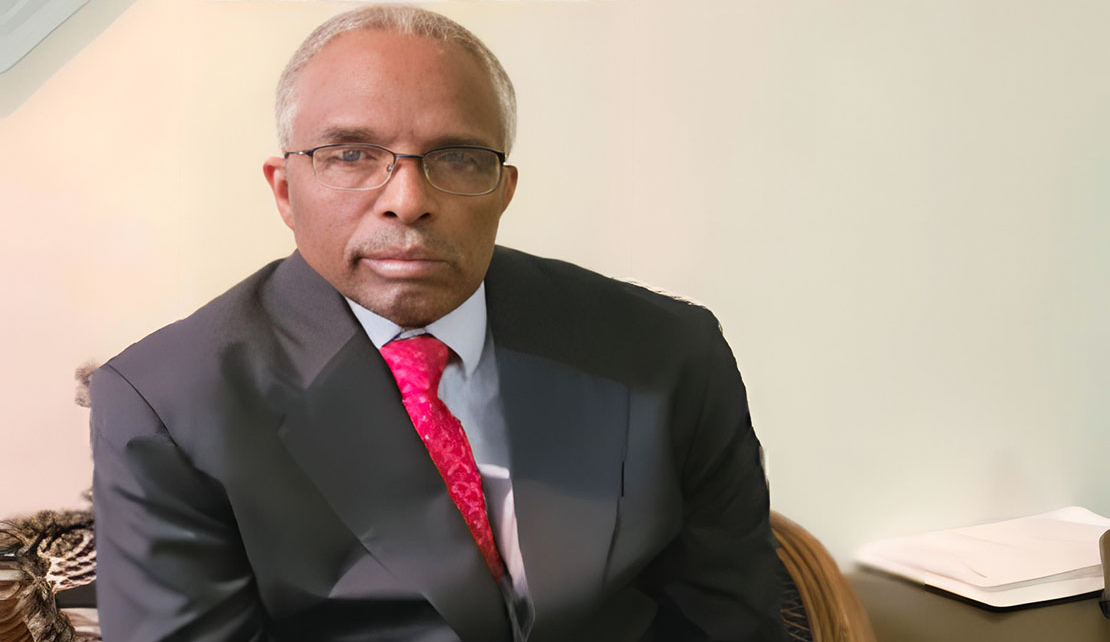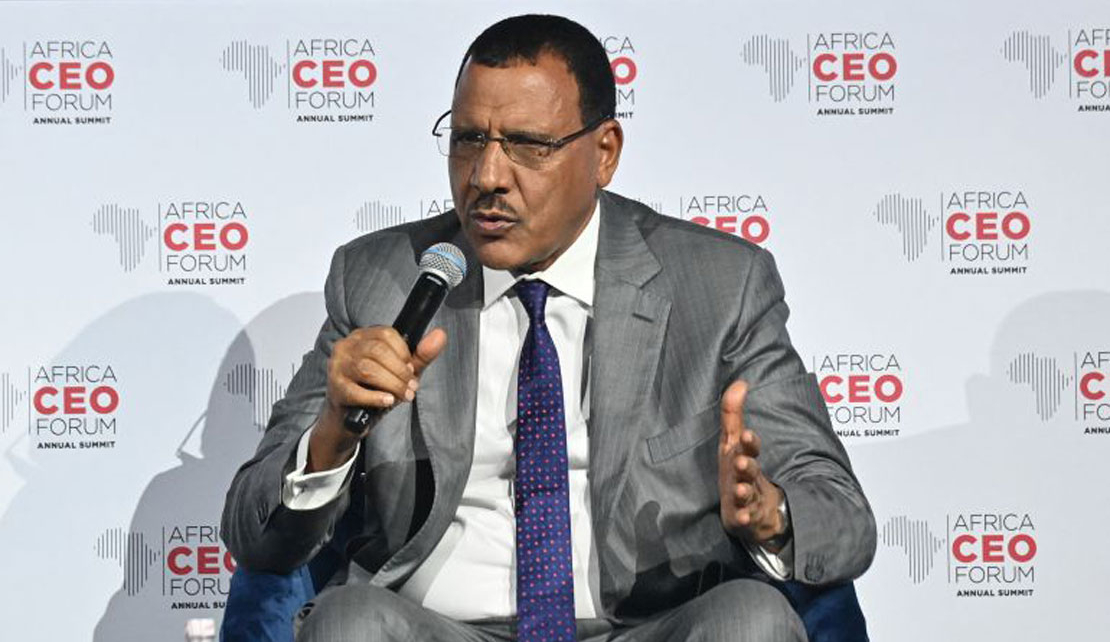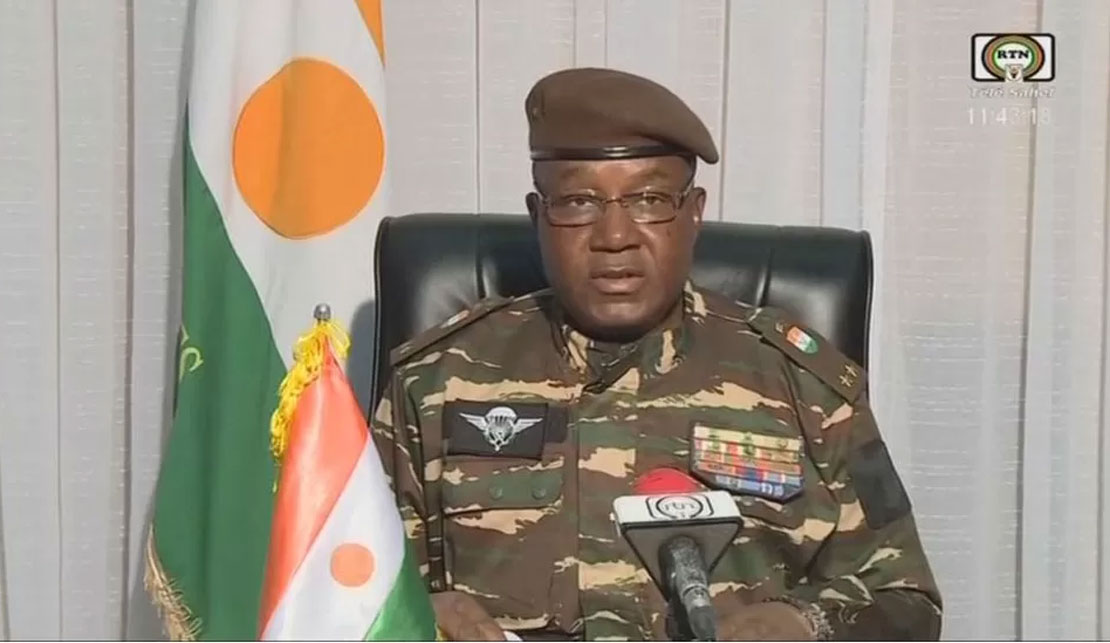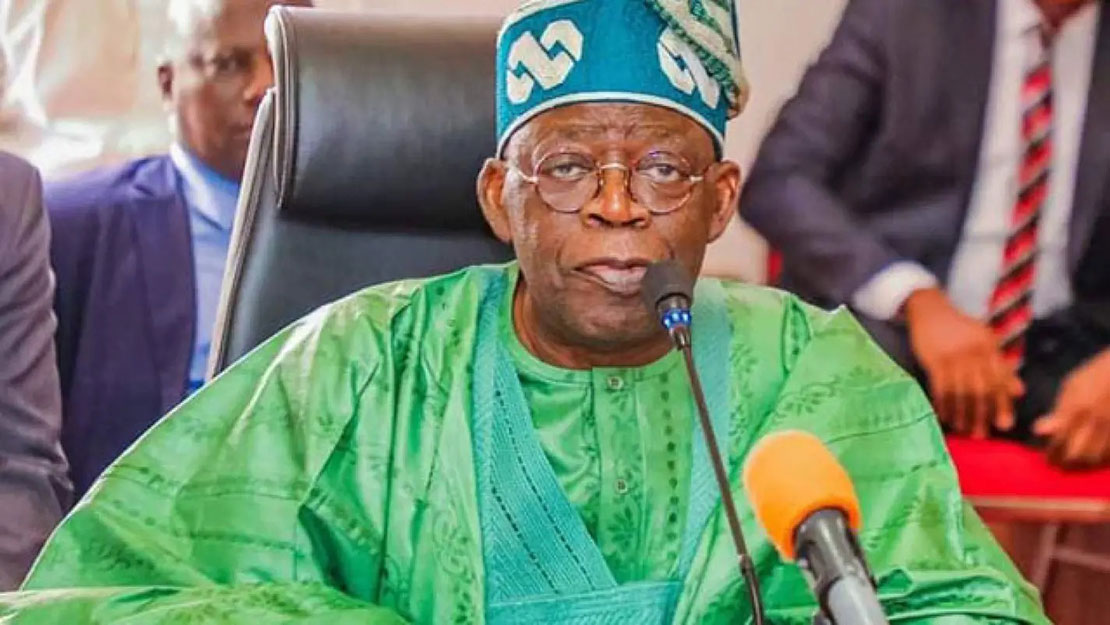NIGER | Tread Softly with Niger on promised military option advises former Nigerian Amb Olufunso Olumoko

Following the military coup in Niger which deposed President Mohamed Bazoum, the Economic Community of West African States (ECOWAS) gave the coup leaders seven-days to return the nation to constitutional rule or be forced out of power.
That ultimatum expires today, Nigeria’s former Career Ambassador to Thailand, Olufunso Olumoko, in an interview with Olayinka Ajayi in Nigeria’s Vanguard publication, speaks on why the regional bloc and particularly Nigeria should tread softly by exhausting all diplomatic options before embarking on military action.
The following are Excerpts from Ajayi interview with Ambassador Olumoko:
Question: What are your thoughts on the Niger coup?
Olumoko: It’s unsettling and worrisome. I find the situation unsettling for a couple of reasons. First is the apparent resurgence of military coups in the West-African sub-region in particular since the beginning of the decade. There have been about seven coup attempts with about four succeeding in Mali, Guinea and Burkina Faso and now in Niger. We thought the era of coups in the 60s and 70s had receded.

Question: What do you make of the response from ECOWAS which has imposed sanctions and threatened military force with an ultimatum, and the reactions from the rest of the world as well as the prevalence of coup in Africa of recent? The juntas in Mali and Burkina Faso say they are backing the Niger coup just as the coup plotters are looking forward to Russia for help. In fact, the Russian Wagner group seems to have backed the coup. France is evacuating its nationals. So many things are happening. And at the heart of it all is uranium in Niger which many people are eyeing?
Olumoko: ECOWAS, under the leadership of Nigeria, has taken swift, decisive and pointed action against the military junta in Niger. It has given the junta a seven-day ultimatum to reinstate deposed President Mohammed Bazoum and restore constitutional rule, without delay. The threat of military action is in the works if the junta refused to comply within the seven-day deadline! However, it remains to be seen whether the junta would comply or not. In my personal opinion, ECOWAS and Nigeria, in particular, should tread carefully and exhaust all diplomatic options before embarking on military action. It should be borne in mind that in the final analysis, Nigeriéns have the ultimate choice of the nature of their governance. If the majority of Nigeriéns support the military coup, such a wish should be noted by ECOWAS.

If in the worst scenario, the military option is the last resort, it should be a shared responsibility among the ECOWAS member states. In fact, in my own opinion, rather than ECOWAS, France, with a large military base and the US with a drone base all stationed in Niger, should be at the forefront of the military engagement against the junta.
As for the reported juntas’ in Mali and Burkina Faso (and even Algeria) readiness to join the Nigerién coupists in repelling any military action, their action can be described as “supportive bravado”! It should be seen as a move borne out of self interest because they too, sooner or later, would be at the receiving end of ECOWAS military action. Regarding the report that the junta is looking forward to Russia and the Wagner Group for support, this is very likely. Russia will seize the opportunity to spite France and have a foothold in the latter’s colonial fiefdom!
It would also be a good opportunity for the junta to seek the assistance of the Wagner Group to ward off the insurgents and jihadists from North Africa. As far as France is concerned, the coup in Niger is particularly troubling! Being the erstwhile colonial power from which Niger secured Independence in 1960, she has huge influence and investments in Niger including uranium mining which powers a substantial chunk of French electricity! Franco-Nigerién relations reportedly soured over France’s inability to deal decisively with the insurgents and al-Qaeda-inspired jihadists from North Africa, Mali and Boko Haram from Nigeria. This is apart from Niger accusing France of lack of “development, justice and governance”. However, in the wake of the coup, France has warned the junta not to attack her nationals, interests and diplomatic premises.
I think the junta should heed the warnings and prevail on its people to desist from any attack on French interests, in particular its embassy and other diplomatic premises. Any breach is not only a violation of international law, it is counterproductive in the long run.
Also, on the military option against Niger. I am not persuaded by reasons often adduced such as the state of Nigeria’s military preparedness and her domestic constraints. I am persuaded more by strategic considerations. Niger is a close sisterly neighbour. She shares ethnic, cultural and linguistic affinities with Nigeria.
In fact, it’s often difficult to differentiate between the people of Maradi in Niger and those from Sokoto in Nigeria. Besides, Nigeria shares the longest border (over 1,500 km) with her northern neighbour! One positive attribute of Nigeria that has endeared her to her neighbours and won her international respect is her reputation of non-bellicosity towards her neighbours.
Let’s bear in mind that the nature of relations with our immediate neighbours has critical implications for our security. They are critical in safeguarding our soft and vulnerable underbelly! Nigeria enjoys close ties with Niger. Apart from friendly bilateral relations, we share joint memberships of the River Niger and Lake Chad Commissions and the Joint Multinational Joint Task Force against Boko Haram. Consequently, with all these strategic reasons, Nigeria is strongly advised to tread most carefully and pursue more vigorously, the diplomatic options.
 Nigeria's President Bola Ahmed Tinubu was elected as chairman of the Economic Community of West African States (ECOWAS) on 9 July 2023. He took over from President Umaro Sissoco Embaló of Guinea Bissau. Question: A BBC report said we have had about 200 coups in Africa since 1950s and about half were successful. What is happening?
Nigeria's President Bola Ahmed Tinubu was elected as chairman of the Economic Community of West African States (ECOWAS) on 9 July 2023. He took over from President Umaro Sissoco Embaló of Guinea Bissau. Question: A BBC report said we have had about 200 coups in Africa since 1950s and about half were successful. What is happening?

Olumoko: Incidence of coup d’etat is not necessarily a negative phenomenon. In the early years, in the 50s, coups were indeed necessary to change despotic and corrupt leaders that govern badly and misappropriated national resources. In fact, the illustrious Ruth First wrote, in 1970, a classic, ‘Barrel of a Gun’. The book detailed raison d’etre of military intervention in politics in Africa. It basically posited that it was the failure of the political class that made military intervention necessary. In the obverse, coups may, in fact, assist in political development, growth and use of political power. However, the genuine intention and motivation of the early coupists have been betrayed by their succeeding generation of the 70s, who seemed to be driven more by grabbing power to settle personal scores and enrichment and not necessarily for the public good.
Question: Most of the coups d’etat today belong to this genre and it’s quite saddening. But with Niger situation, has democracy failed in Africa?
Olumoko: I don’t think the answer to this is either yes or no. I came to this conclusion because ‘democracy’ is not an African concept. The various African societies had their own forms of governance and societal order in pre-colonial times. For example, the Yoruba, Benin, Kanem-Bornu, Buganda, Ashanti, Zulu, Bantu or Bambara kingdoms, had their systems of governance, allocation and adjudication. These have been supplanted and replaced by foreign concepts like ‘democracy’, ‘party politics’, ‘parliamentary’, ‘presidential’ and ‘constitutional’ etc.
Consequently, for most of our post-colonial societies, it’s been largely trials and errors trying to experiment with foreign concepts most of which have not taken into consideration cultures and mores of the traditional societies. Hopefully, with continued practice and adherence to the constitutive and regulatory rules, the democratic system will mature in Africa.
Let me also point out that even the purveyors of democracy, none of them practices pure democracy. They too went through chaos, revolutions and killings before getting to their current level of practice. Even then none can be said to approximate to the ideal standard. In the US for instance, it is not the most popular presidential candidate that’s elected. It’s the candidate that wins through the electoral college (though with a minority of votes) that’s declared the President! Additionally, the much publicized system of Singapore has a dose of authoritarianism under Lee Kuan Yew. So, there’s no true democracy anywhere!
Question: What then do you think are viable alternative forms of government for Africa?
Olumoko: Any African country should be free to practice the system of government best suited to its settings, culture and more. Once the attributes of non-exclusivity, popular participation and a transparent system of allocation and adjudication are in place. To me, the label ascribed to any system is immaterial.
Question: But is benevolent dictatorship the way forward?
Olumoko: If it becomes necessary, why not? You see, I share Alexander Popes’ view of governance. Alexander Pope posited that “for forms of government let fools contest, whate’er is best administered is best”. From this, we shouldn’t be too preoccupied with labels of government but the quality, output and results of governance. If any form of government, even, the so-called ‘benevolent dictator’ delivers the greatest good to the greatest number, that’s it for me. Attachment to labels often creates dysfunctionalities. This is why, often, some African political systems operate a first world system with fourth world mentalities. Any wonder then that a system like ours is still grappling!
Question: Any reason to fear in Nigeria?
Olumoko:I don’t believe there are pressing reasons for anxieties. Nigeria is a blessed country with abundance, both in human and material terms. We should continue to tinker with our system of governance until we get it right. What I think we need in Nigeria is a reduction in the cost of governance, ethical re-orientation, a functional and productive economic system, prudent allocation of resources, zero-tolerance for corruption, political, in particular, voter education and strict enforcement of rule of law. With these in place, Nigeria is set to take her rightful place within the comity of nations and the leader of the black world!
